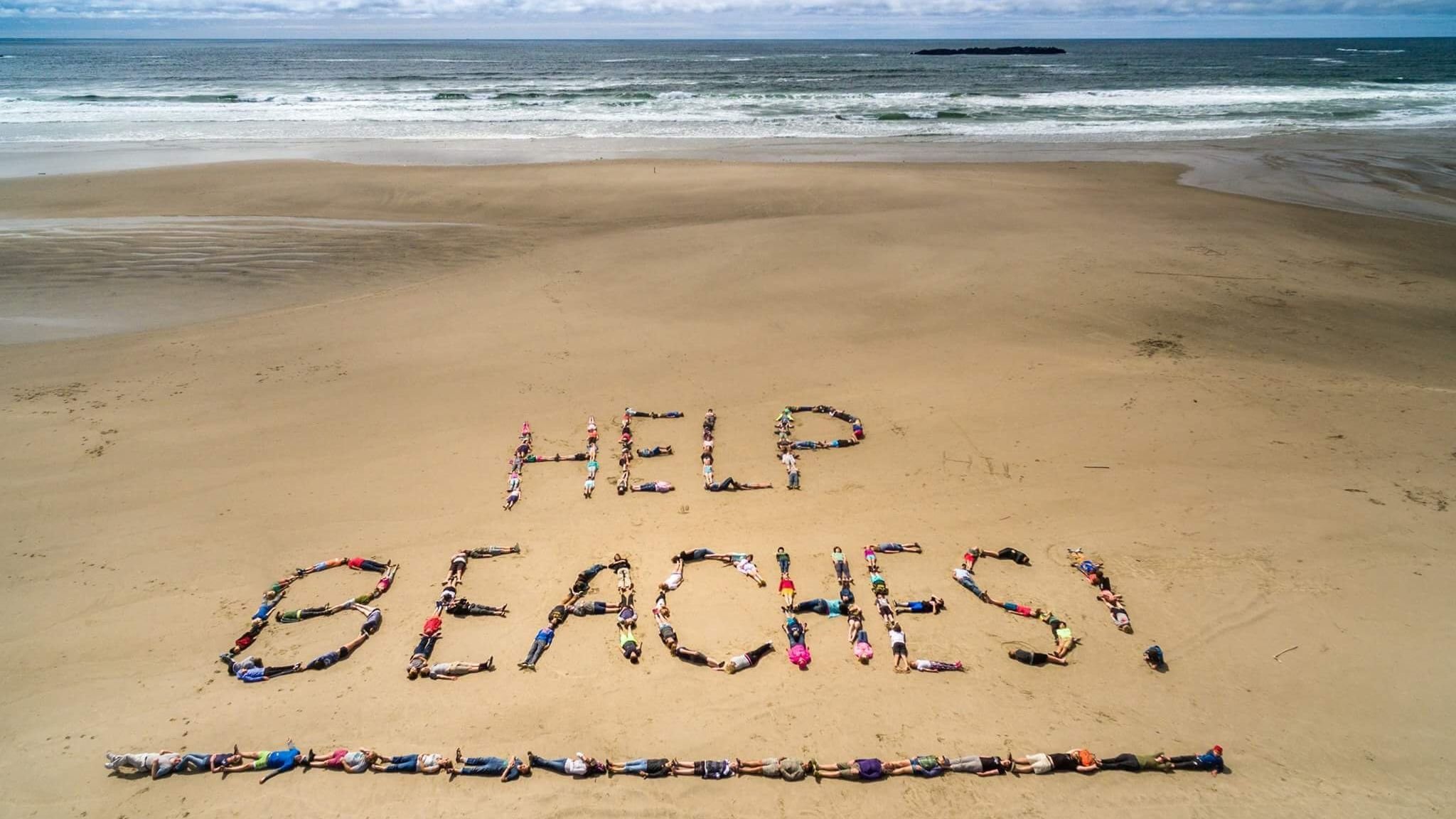Conservation News Roundup: Spring 2025
Inside each issue of Ridgeline, we’re giving local conservation groups throughout the region a chance to share their updates with our audience. Learn all about their wins, the challenges they’re facing, and how you can help, all right here in our conservation news roundup.
An Introduction to the Longtom Watershed Council
By: Jed Kaul, Long Tom Watershed Council, Noti, Oregon
The Long Tom Watershed Council (LTWC) is a community-based non-profit that was founded in 1997 by residents of the watershed. LTWC’s mission statement is: “The Long Tom Watershed Council serves to improve water quality and watershed condition in the Long Tom River basin and surrounding drainages through education and collaboration among all interests, using the collective wisdom and voluntary action of our community members.” We integrate habitat and water quality monitoring, community education, and on-the-ground actions to achieve this mission. This approach helps build support and trust within our community and implement effective habitat restoration and water quality improvement projects by utilizing high quality data to educate constituents and prioritize where we develop and install projects. Our work is currently focused within three main programs: the Urban Waters and Wildlife Program, the Rural Habitat Program, and the Traditional Ecological Inquiry Program. Between these programs, we work in all geographic portions of the watershed and with all constituents - farmers, foresters, conservationists, recreationalists, business people, and urban and rural residents.
Since our inception, we have completed more than 100 projects that cumulatively have: removed 50 fish passage barriers, reconnecting four entire drainages for aquatic species, enhanced 110 miles of stream habitat, planted over 925,000 native trees and shrubs along streams and in urban areas, enhanced over 1,100 acres of upland oak and prairie habitat, returned prescribed fire to almost 150 acres, and treated 112 acres of urban stormwater with green stormwater infrastructure. We have educated and engaged with thousands of community volunteers and interns. This work is supported by competitive grants secured by LTWC from a variety of federal, state, and private foundations, and by tax-deductible donations. Go to www.longtom.org for more information and to sign up to receive updates and learn about upcoming projects and events.
Willamette Riverkeeper: Protecting, Restoring, and Celebrating Oregon’s Lifeblood
By: Michelle Emmons, Co-Executive Director & Upper Willamette Riverkeeper
The Willamette River is more than a waterway—it’s the heart of Oregon’s landscape, communities, and economy. Willamette Riverkeeper (WR) is dedicated to ensuring a clean, healthy river for generations to come through advocacy, restoration, and engagement.
For over two decades, WR has led restoration projects that enhance habitat, improve water quality, and support native species. Efforts include removing invasive plants, restoring floodplain forests, and researching the river’s ecosystem, such as freshwater mussel populations and habitat mapping to guide conservation priorities. The Willamette Water Trail, spanning 187 miles, provides paddlers access to protected riparian lands, reinforcing the importance of land stewardship.
Community involvement is at the core of WR’s mission. Programs like River Guardians empower volunteers to monitor and clean up trash and debris, while River Discovery and Paddle Oregon offer immersive experiences, connecting people to the river through recreation, education, and adventure.
WR’s collaborative leadership model ensures broad impact. By working with agencies, local governments, and community partners, WR maximizes resources to protect the entire river system. This partnership-driven approach increases capacity for restoration, policy advocacy, and public access improvements, strengthening the Willamette’s future.
Every action taken—whether restoring habitat, paddling its waters, or advocating for strong protections—ensures the Willamette River remains a vibrant and thriving force for nature and people alike.
Oregon Beaches Forever!
By: Elise Newman, Oregon Shores Conservation Coalition
In Oregon, the beaches belong to the people. Our public beaches have a long history: in 1967, the Oregon Legislature passed the Beach Bill, reserving all of Oregon’s shoreline up to the vegetation line as a public area. In 1971, Oregon Shores Conservation Coalition was founded as a watchdog group for Oregon’s public beaches. Oregon Shores’ founders include those who had led the campaign to pass the Beach Bill.
Oregon Shores has worked for over 50 years to protect Oregon’s public beaches and ensure access. However, those public beaches are now caught in the “coastal squeeze,” between rising sea levels, intense storm surges, and human infrastructure. Beach erosion and current management responses, like shoreline armoring, are shrinking the remaining beaches in Oregon, leading to the eventual loss of public access and recreation along the shore. Losing Oregon’s wild and dynamic beaches puts more than recreation at risk, as these vital habitats ecologically support a number of important and specially managed species, while also providing climate and storm resilience benefits to coastal communities.
To address these challenges, Oregon Shores is partnering with the Surfrider Foundation and Crag Law Center in the Oregon Beaches Forever campaign, aiming to start a statewide conversation about preserving our beaches. The Oregon Beaches Forever campaign will:
1. Advocate for climate adaptation and improved shoreline management in local coastal planning
2. Implement “nature based solution” model projects and policies that promote beach preservation and climate adaptation
3. Prevent bad coastal development that furthers the loss of our beaches
4. Improve rules for shoreline management and permitting for beachfront structures and shoreline armoring
5. Improve policy framework for access to the beach and along the shore
Join the Oregon Beaches Forever Campaign by visiting our website and help us reach 10,000 voices supporting our beloved public beaches!
If you are part of a local conservation organization and would like to share your updates with our audience, get in touch! We’d love to help you spread the word about the work your organization is doing. Email us at ridgelinemag@gmail.com or reach out using the contact form.
Hope to hear from you soon!




